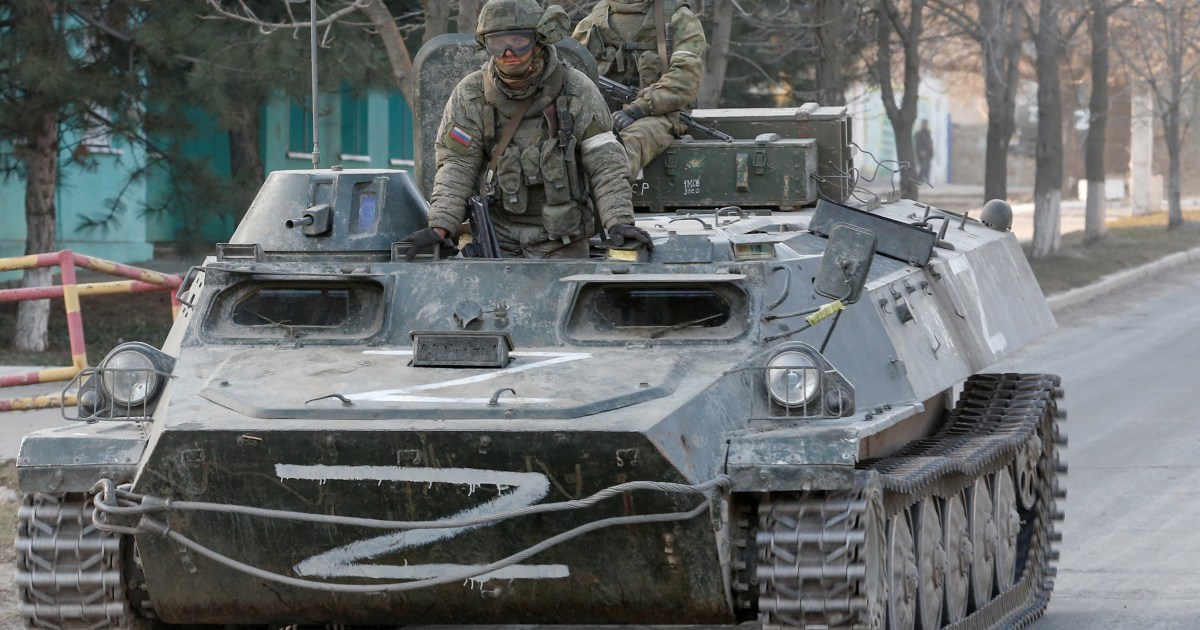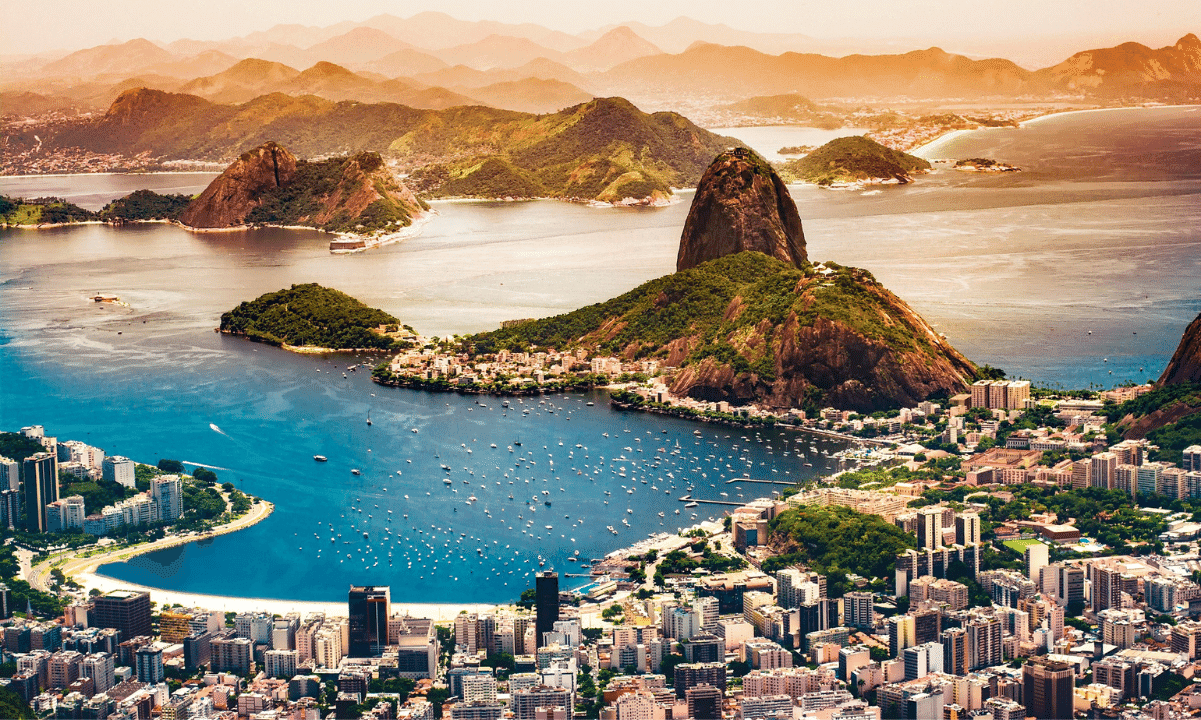[ad_1]
Prime Minister Fumio Kishida met with U.S. Ambassador to Japan Rahm Emanuel on a rainy Saturday in Hiroshima to pay their respects to victims of the 1945 American atomic bombing, with Kishida calling veiled Russian threats to use nuclear weapons in Ukraine a “serious concern.”
“The possibility of Russia using nuclear weapons in its invasion of Ukraine is now a serious concern. They must not be used,” Kishida told reporters after meeting with Emanuel. Earlier, they each offered prayers and flowers at the Hiroshima Peace Memorial Park.
“As the possibility of the use of nuclear weapons is becoming increasingly real, I hope that Ambassador Emanuel’s visit to the A-bombed city and his experience of seeing the nuclear reality will become a strong message to the international society,” Kishida said, referring to Putin’s nuclear saber-rattling.
This visit by Emanuel, a former White House chief of staff under U.S. President Barack Obama, was his first as ambassador. The trip and meeting with Kishida, who represents a constituency in the city, underscored the two allies’ unity in opposing any move by Moscow to use nuclear weapons in Ukraine after Russian President Vladimir Putin delivered veiled threats to use his nuclear arsenal.

In his talks with Emanuel, Kishida said the two had also reaffirmed that Japan would continue to work with the United States in pursuing a world without nuclear weapons, though he admitted a difficult road lay ahead.
“The situation in Ukraine has once again brought home to us the difficulties we face on the road to a world free of nuclear weapons,” he said, encouraging more political leaders to visit the A-bombed cities of Hiroshima and Nagasaki.
Although Kishida said he did not discuss a possible visit to Hiroshima by U.S. President Joe Biden in his talks with Emanuel, who is known for his close ties to the president, the U.S. ambassador indicated that his boss would try to visit at least one of the two bombed cities when he visits Japan for the first time as president.
“If he makes it here to Japan, I know he’ll want to visit one of the two cities, if not both,” Emanuel said.
Biden is expected to travel to Japan later this year, though the exact timing of any visit remains undecided.
On Tuesday, the mayors of Hiroshima and Nagasaki met with Emanuel and Foreign Minister Yoshimasa Hayashi and requested that Biden visit their cities. Nagasaki was devastated by an atomic bomb three days after Hiroshima at the tail end of World War II.
In a statement released after the meeting, Emanuel said he was “deeply moved by the personal visit.”
“Today, we live in unprecedented times as Russia threatens the use of nuclear weapons, something that was once unthinkable, even unspeakable,” he said. “The history of Hiroshima teaches us that it is unconscionable for any nation to make such a threat.”
Former Russian President Dmitry Medvedev told Russia’s RIA news agency in an interview Friday that there are several grounds under which Moscow has the right to use nuclear weapons, including an attack on the country or encroachment on infrastructure that would paralyze Russia’s nuclear deterrent forces.

Earlier in the day, the U.S. ambassador met Shigeaki Mori, a survivor of the bombing who shared an emotional embrace with Obama in 2016 during the then-leader’s historic visit to the city. The iconic photo of the two later made front pages of newspapers worldwide.
“There is a lot that I have seen and discussed during my time in Japan, but it’s hard to find the words that capture my feelings after today’s meeting with Shigeaki Mori. Thank you, Mr. Mori, for your courage,” Emanuel wrote.
Mori was just 8 when the United States dropped an atomic bomb on the city on Aug. 6, 1945.
Russia’s invasion of Ukraine and its threat of using nuclear weapons have prompted calls from conservative members of Kishida’s Liberal Democratic Party (LDP), including former Prime Minister Shinzo Abe, for Japan to discuss the controversial issue of nuclear weapons-sharing with the United States.
Kishida, however, told parliament late last month a U.S.-Japan nuclear-sharing deal would be “unacceptable given our country’s stance of maintaining the three nonnuclear principles,” referring to Japan’s 1967 commitment not to possess, produce or allow nuclear weapons on the country’s territory.
Under its alliance with Washington, Japan relies on the U.S. “nuclear umbrella” to deter threats. The government has in the past said that its postwar pacifist Constitution allows it to possess nuclear weapons as long as they are kept to the minimum level necessary for self-defense.
Despite Kishida’s stated opposition to the idea, the LDP has begun internal discussions on nuclear deterrence, taking up the topic of nuclear sharing, among other possibilities.
Information from Reuters added
In a time of both misinformation and too much information, quality journalism is more crucial than ever.
By subscribing, you can help us get the story right.
SUBSCRIBE NOW
[ad_2]
Source link















